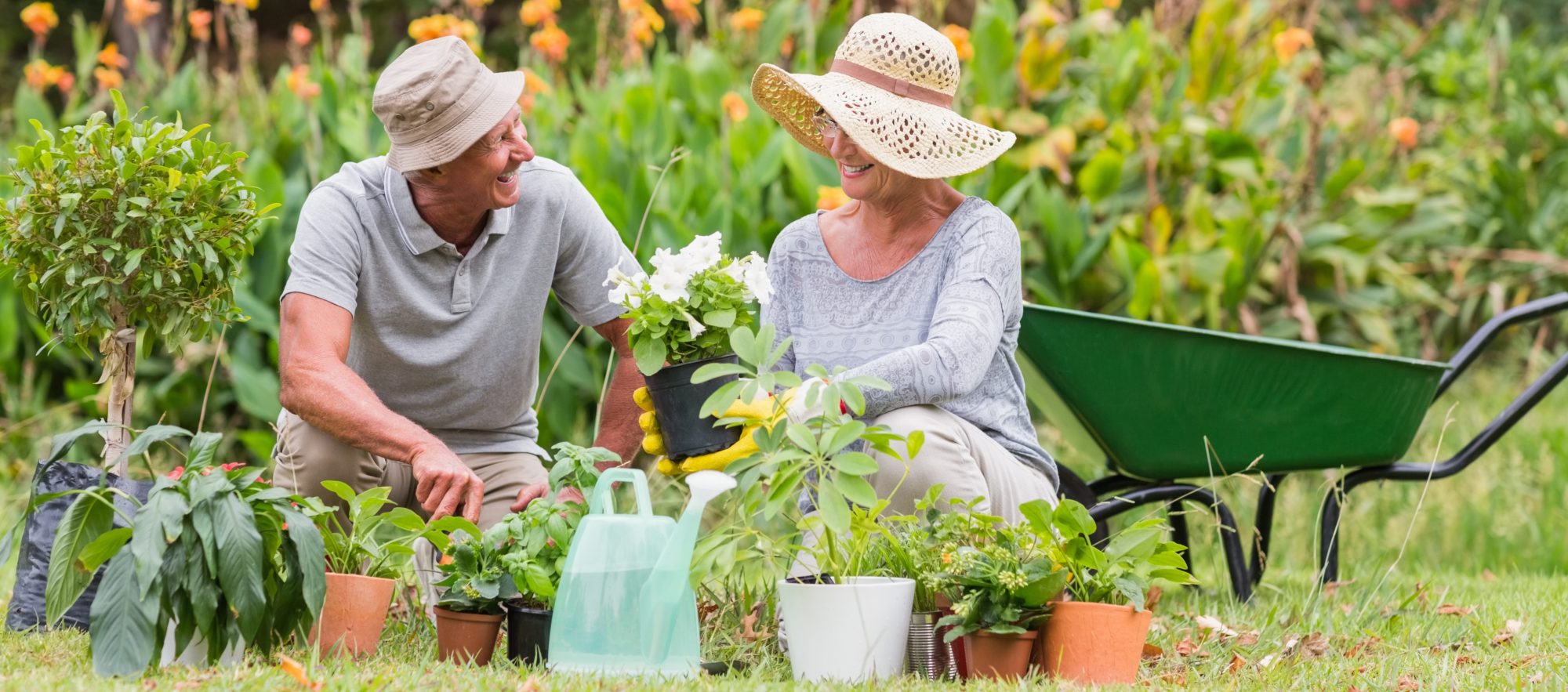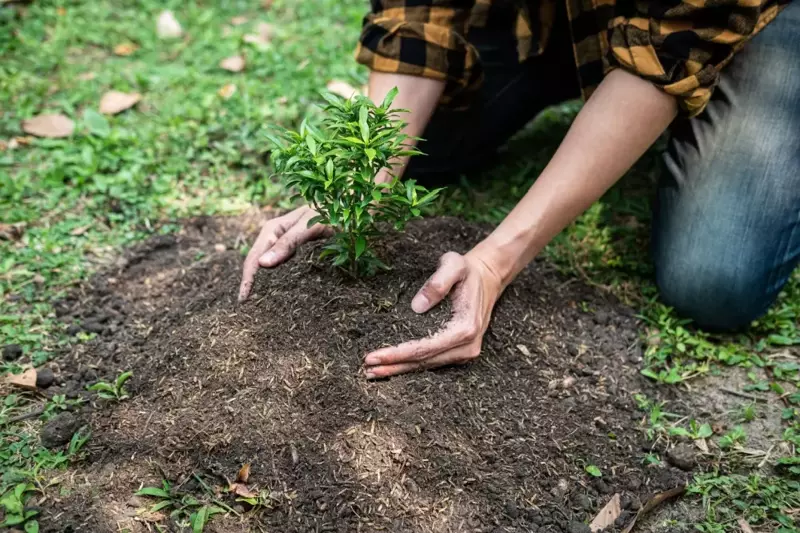Unlocking the Perks of Gardening: An In-depth Consider the Various Types and Their Effect On Wellness
Discovering the complex advantages of horticulture exposes a spectrum of techniques that substantially improve specific well-being. From vegetable and natural herb yards to container and elevated bed arrangements, each kind uses unique advantages that prolong past simple growing. These tasks not just foster physical wellness through energetic involvement but additionally add to psychological wellness by alleviating stress and encouraging mindfulness. As we check out these diverse gardening methods, it comes to be noticeable that their effect can reverberate on personal, social, and environmental levels, motivating a closer consider just how these connections form a natural story of alternative wellness.
Sorts Of Gardening

Blossom gardening, one more preferred category, highlights the aesthetic appeal of grown flowers. This kind can enhance landscapes and advertise biodiversity by drawing in advantageous pollinators. Likewise, herb gardening entails growing fragrant and culinary plants, contributing both to food preparation and natural remedies.
Container gardening offers convenience, allowing individuals with limited room to take part in horticulture by using pots and planters. This approach is especially popular in metropolitan setups. Elevated bed horticulture, on the various other hand, entails developing elevated plots that improve dirt drainage and accessibility, making it easier for garden enthusiasts to manage their plants.
Finally, area horticulture fosters cooperation among people in common spaces, advertising social communication and collective responsibility. Each sort of gardening serves distinct functions and accommodates different choices, making horticulture a flexible task that can be tailored to individual demands and settings.
Mental Health And Wellness Advantages
Taking part in various types of gardening not only generates substantial benefits such as fresh produce and attractive flowers but additionally offers considerable psychological wellness advantages. Research suggests that gardening can be an effective device for reducing tension, anxiousness, and depression. The act of having a tendency to plants and growing a yard cultivates a sense of objective and accomplishment, which can boost total psychological health.
In addition, horticulture urges mindfulness, as it calls for individuals to concentrate on the here and now minute, whether it be planting seeds or nurturing growth. This mindfulness practice can result in decreased rumination and improved mood stability. The exposure to native environments throughout horticulture has additionally been linked to boosted cognitive functioning and lowered see it here feelings of tiredness.
Social interaction plays a critical role in psychological health and wellness, and community horticulture efforts provide opportunities for people to get in touch with others, cultivating a feeling of belonging. The shared experience of gardening can grow relationships and support networks, better boosting psychological durability.
Physical Health Perks
Many people may not recognize that horticulture also supplies considerable physical health and wellness benefits. Participating in gardening tasks calls for a series of physical motions, including flexing, lifting, excavating, and growing, which jointly contribute to enhanced stamina, versatility, and endurance. These activities can enhance cardiovascular health by advertising a raised heart rate, thereby decreasing the threat of cardiovascular disease.
Additionally, horticulture can work as a moderate-intensity workout, aiding people attain recommended exercise degrees. Researches suggest that regular participation in horticulture can shed substantial calories-- about 200-400 calories per hour, depending on the intensity of the jobs carried out. Such calorie expenditure is advantageous for weight monitoring and total metabolic health.
Furthermore, exposure to sunshine during gardening can facilitate the synthesis of vitamin D, which plays an important function in keeping bone health and sustaining immune function. In addition, the act of gardening commonly entails dealing with soil, which has been linked to possible psychological and physical wellness benefits because of the existence of helpful bacteria. Gardening.
Social Connections Through Gardening
The public elements of gardening foster significant social connections amongst individuals. Neighborhood yards, specifically, serve as vibrant centers where individuals from diverse backgrounds come together, cultivating not only plants but likewise connections. These shared spaces encourage collaboration, allowing people to trade understanding, abilities, and resources, thereby enhancing their gardening experience and cultivating a sense of belonging.
Engagement in gardening activities frequently brings about the development of relationships and support networks. Individuals often unify click to investigate for typical objectives, such as growing periods, harvest parties, or educational workshops, which reinforce interpersonal ties and create a sense of area. Such communications can reduce sensations of isolation and boost mental health, as individuals locate companionship and camaraderie in shared endeavors.

Ecological Impact of Horticulture
Horticulture considerably contributes to ecological sustainability in numerous means. Home yards supply important habitats for various species, consisting of pollinators such as and butterflies, which are crucial for community health.

Moreover, yards play an important duty in water conservation. Well-planned landscapes, including indigenous plants and xeriscaping, minimize water use and protect against runoff, thus protecting regional waterways from contamination.
Conclusion

The diverse kinds of horticulture-- including vegetable, blossom, herb, container, and raised bed-- contribute to psychological and physical health, foster social links, and promote ecological sustainability. By engaging in gardening techniques, individuals can experience enhanced top quality of life while additionally supporting neighborhood bonds and environmental health.